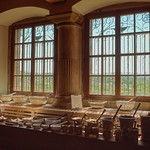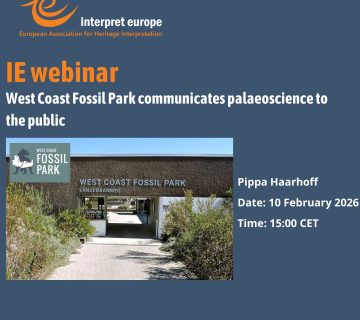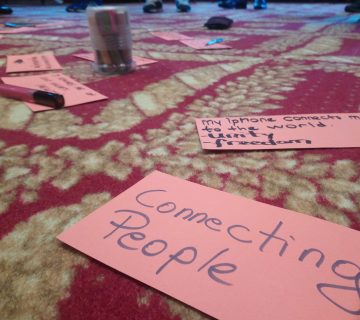14 July 2020,18:00 CEST
Involving stakeholders and mediating different ideas and interests is key for successful interpretive planning. For ten years, Piotr Idziak and Sebastian Wacięga from Małopolski Instytut Kultury have been cooperating with museums and heritage sites staff in Poland. During the session, they shared their reflections on working with groups, including some key factors, models and attitudes to make such work more successful. They tried to answer these questions:
- What makes the meeting a meaningful experience for both the participants and the trainer?
- What are the key factors, models and attitudes that make that experience successful?
- What should the trainer/guide/educator take under consideration when preparing the meeting?
Piotr Idziak is an IE certified interpretive trainer and guide, sociologist and cultural anthropologist and trainer of teams at cultural institutions, heritage sites and attractions of cultural tourism. He facilitates team creative processes and is involved in creating heritage routes and territorial marketing strategies.
Sebastian Waciega is an IE certified interpretive guide and writer, and facilitator of team strategic planning in heritage organisations. He co-creates games inspired by heritage and published by Malopolska Institute of Culture In Krakow: they include Peasant Business School and Oil City – Galician Black Gold Rush.




